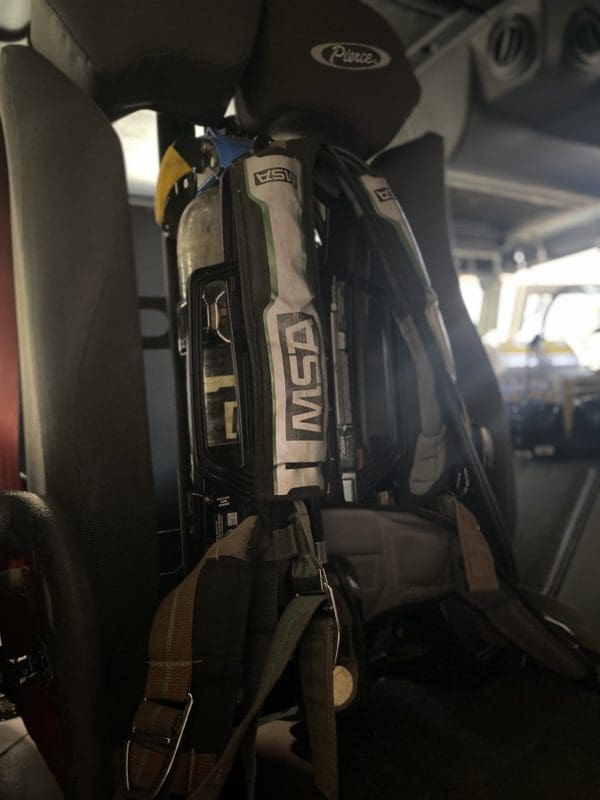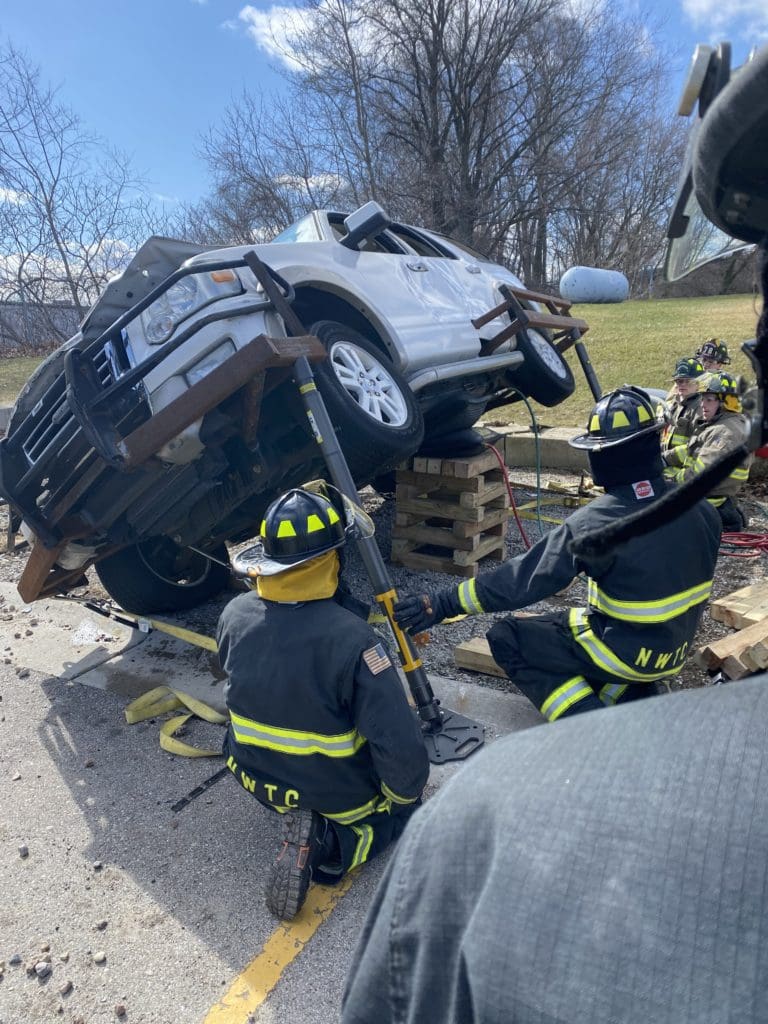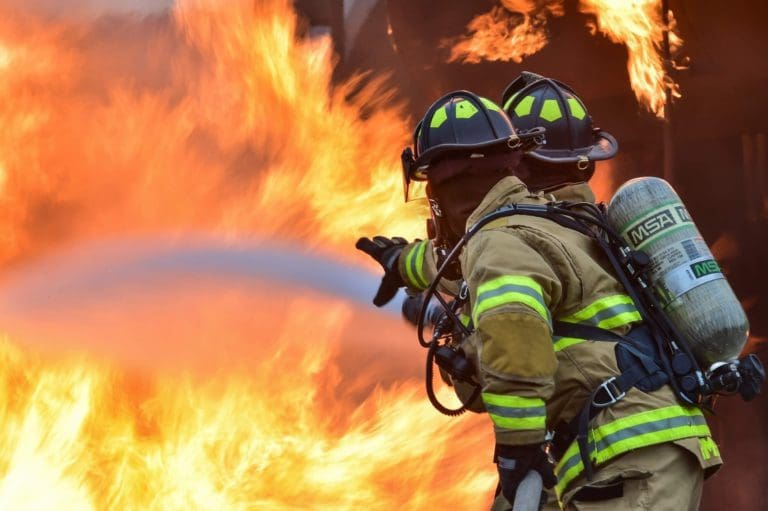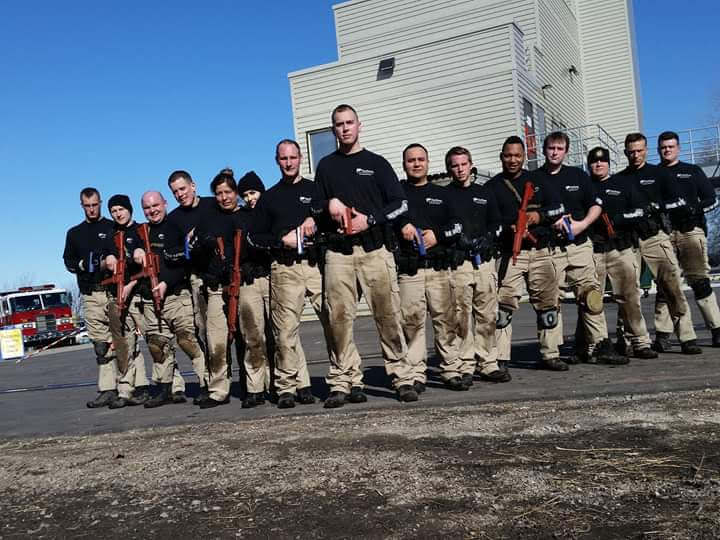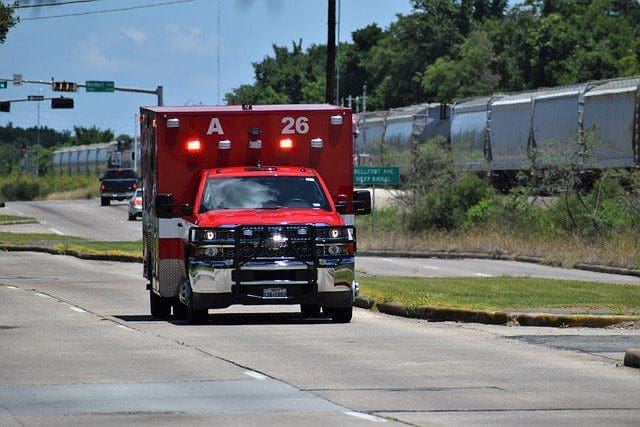How To Become An Entry Level Firefighter
If you’re interested in joining the fire service as an entry-level firefighter, I’m here to help. Firefighters are true heroes who work tirelessly to save lives and safeguard communities from the destructive effects of fires. If you’ve always wanted to become a firefighter and start your career in this noble profession, then this guide is just what you need. It offers a step-by-step approach to help you get started and provides all the necessary information and actionable tips. Let’s begin!
Research & Understand The Role
Before diving into any career path, it’s crucial to gain a comprehensive understanding of the role and responsibilities of an entry-level firefighter. If you don’t know what you’re getting yourself into, you may not like it. I strongly suggest that you conduct thorough research to learn about the day-to-day tasks, physical demands, and potential challenges that firefighters face. This knowledge will help you assess your suitability for the role and ensure you will actually like the profession.
Meet The Basic Requirements
Becoming a firefighter typically involves meeting certain basic requirements. Any job usually requires something from you before you can be considered for a job. In the case of the fire service, these may vary depending on the jurisdiction and fire department you intend to join.
Common prerequisites include:
- Minimum age requirement (usually 18-21 years)
- High school diploma or GED equivalent
- A valid driver’s license
- Physical fitness standards (strength, endurance, agility)
- Good vision and hearing
Have A Clean Criminal Record
Not much to add here, just know that having an extensive criminal record will almost always disqualify you from a civil service job. I can’t speak for every department in the country, but just know that if you have that extensive criminal record, the odds are not in your favor.
Have The Right Education
While a college degree is not always mandatory for entry-level firefighting positions, gaining relevant education and certifications can better your chances of success. Some departments around where I live require specifically a degree in fire, while others just want you to have a certain number of college credits. You should consider enrolling in fire science programs, emergency medical technician (EMT) courses, or paramedic training.
Part of the research phase is knowing whether or not the department you want to join requires you to have EMR, EMT, or Paramedic. They are not all the same, so it’s important to know what education and certifications you need to even be considered for the job. These educational degrees and certs can provide you with a solid foundation of knowledge and increase your competitiveness in the field. Trust me, you want every possible advantage possible to land a job.
Prepare For The Candidate Physical Abilities Test
If you were not aware, Firefighting is very physically demanding, and departments often conduct Physical Abilities Tests (PAT) to assess a candidate’s fitness levels. You should work on improving your cardiovascular endurance, strength, and overall fitness. Incorporate exercises that target muscular endurance, flexibility, and agility. Practice specific movements such as functional fitness that simulate rescue operations to enhance your performance in the PAT. I promise you if you begin to prepare now, you are going to thank yourself during the academy. Check out this article about getting in shape for the academy.
Volunteer/Gain Experience
Volunteering at local fire departments or participating in firefighting-related activities can provide great hands-on experience. Volunteering allows you to observe and learn from experienced firefighters, develop practical skills, and demonstrate your commitment to the profession. Additionally, it offers networking opportunities and can be a stepping stone to securing an entry-level position.
Prepare For The Written Test & Interviews
Fire departments often conduct written examinations to assess candidates’ knowledge of firefighting concepts and procedures. Study fire science textbooks, review fire department guidelines, and take practice exams to prepare. Additionally, I think one of the most important is polishing your interview skills by researching common interview questions and practicing your responses. You need to realize that the interview is your only chance for you to get the interview panel to like you and agree that you would be a great addition to their department. Emphasize your dedication, teamwork abilities, problem-solving skills, and commitment to public safety. Most importantly, get them to like you and feel like they can relate to you in the very short time of your interview.
Apply To Fire Departments
Once you’ve completed the other required steps like the necessary education, certifications, and preparations, it’s time to start applying to fire departments. Research the hiring process of your target departments and submit applications during their recruitment cycles. Pay close attention to deadlines, required documentation, and any additional prerequisites. Tailor your resume and cover letter to highlight relevant skills, experience, and your passion for the firefighting profession.
Conclusion
Becoming an entry-level firefighter is a rewarding journey that requires dedication, physical fitness, and a commitment to public safety. By following these steps, conducting thorough research, and preparing diligently, you can increase your chances of securing an entry-level position and embarking on a fulfilling firefighting career. Remember, being a firefighter is not just a job; it’s a noble calling to protect and serve your community in times of crisis. And it’s literally the best job in the world. Even cops know that.
Check out these related posts:
5 Steps Involved in getting hired as a Firefighter
The typical day of a firefighter
Intern VS volunteer Firefighter, which is right for you
How to pass your Firefighter 1 exam
Is the fire academy harder than boot camp

